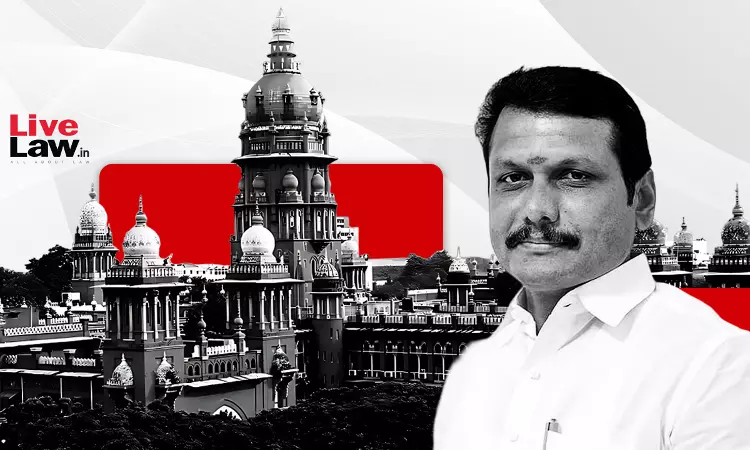Justice CV Karthikeyan of the Madras High Court on Friday framed the points of difference of opinion in the split verdict delivered by a division bench of the Court on July 4th in the habeas corpus petition filed by Megala, wife of Tamil Nadu Minister Senthil Balaji against his arrest by the Enforcement Directorate on June 14, in a money laundering case under PMLA.Justice Karthikeyan...

